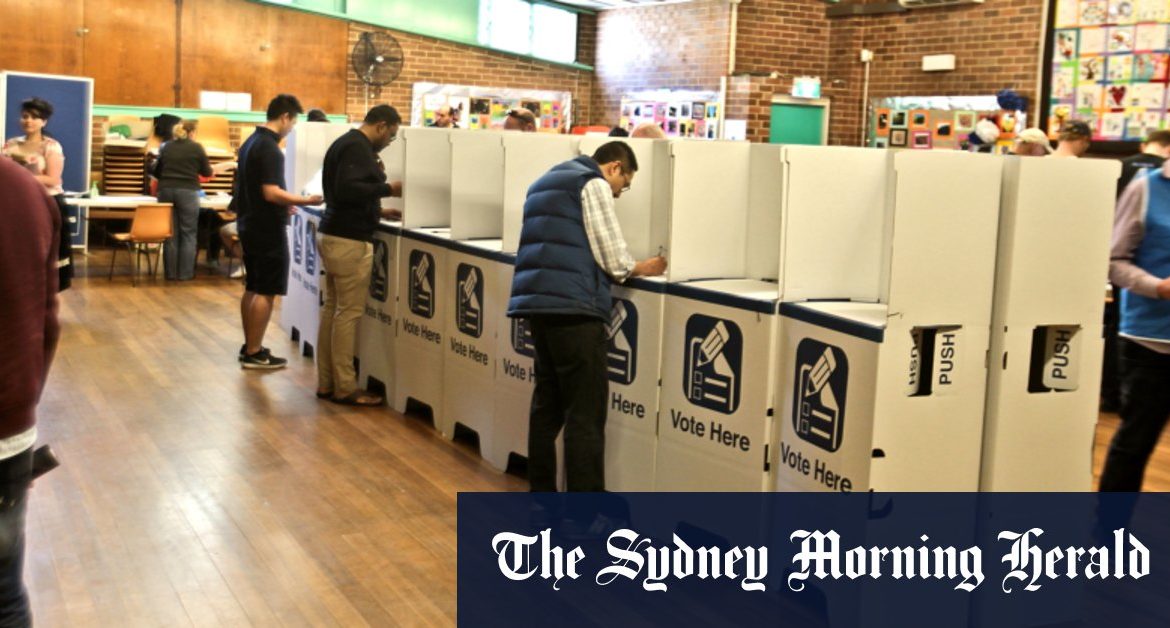She had previously cited reduced costs and increased participation rates, as well as “learnings from the COVID-19 pandemic”, as benefits of universal postal voting.
Following the ruling out of postal-only voting, Ms Hancock said the government was committed to minimising the financial burden of elections on councils and communities across the state.
Local Government Minister Shelley Hancock has ruled out postal-only voting for council elections.
“If COVID-19 is still impacting our communities in the lead-up to the elections, we will provide the electoral commission with additional funding to hold COVID-safe elections so councils will only be billed for the cost of holding elections in a normal environment,” she said.
“The government is intending to make iVote available where an election is being administered by the commission and we plan to expand the eligibility criteria for postal voting.”
Elections for 126 councils were scheduled for September this year but the government decided to postpone them by 12 months because of the coronavirus outbreak. They will now be held on September 4, 2021.
The peak body for councils in NSW said they were “very pleased” that the idea of enforced universal postal voting has been “put back in the box”.
“Local governments have always been strongly opposed to a postal-vote-only rule, and [the peak body] has made its views clear with the NSW government,” Local Government NSW president Linda Scott said.
Cr Scott, who was elected president of the Australian Local Government Association last week, said councils did not oppose postal voting, but they were against a “one-size-fits-all approach” which stripped away other options.
“Local councils should have the right to choose which election options best serve their community to ensure maximum participation in our democratic process,” she said.
“We have long called for the NSW government to ensure council elections are held in a manner as similar as possible to state and federal elections, to reduce voter confusion and encourage higher voter participation.”
Mayors had warned that holding elections entirely by postal vote risked distorting the outcome in favour of an older demographic because younger people tended to be less likely to cast a ballot despite facing a $55 fine if they failed to do so.
The legislation would have had to be amended if the government had opted for postal-only voting in NSW.
Matt O’Sullivan is City Editor at The Sydney Morning Herald.
Most Viewed in National
Loading







